Overview of Plumbing Profession in South Africa
Understanding the Role of a Plumber
The plumbing profession in South Africa is often underestimated, yet it forms the vital backbone of our urban and rural infrastructure. A plumber’s role extends beyond fixing leaks; it embodies a blend of technical mastery and moral responsibility—ensuring health, safety, and well-being. As cities expand and demand for skilled trades intensifies, understanding the plumber average salary south africa reveals a glimpse into the economic value placed on this essential craft.
Plumbers are tasked with not only installing and repairing pipes but also diagnosing complex issues that require a keen sense of problem-solving. Their work influences the daily lives of millions, safeguarding water quality and sanitation standards. The remuneration they receive reflects the intricate skill set they bring to the table. While the plumber average salary south africa varies depending on experience and location, it underscores a broader truth: craftsmanship and dedication are rewarded when society recognizes their importance.
Importance of Plumbing in South Africa
South Africa’s plumbing industry is often the unsung hero behind our bustling cities and remote villages. Without skilled plumbers, our tap water would be a distant dream, and sanitation a perpetual nightmare. The plumber average salary south africa, while not making headlines like those of tech giants, offers a revealing glimpse into how society values this vital craft. It’s a profession that demands both technical prowess and a touch of wizardry—diagnosing leaks, installing complex piping systems, and sometimes even negotiating with stubborn water meters.
What makes plumbing in South Africa truly fascinating is its importance across various sectors. From residential homes to sprawling industrial complexes, plumbers ensure our access to clean water and effective waste removal. As urban areas expand and infrastructure demands skyrocket, the need for skilled tradespeople grows exponentially. The plumber average salary south africa varies depending on experience, location, and specialization, but it remains a testament to the craftsmanship and dedication required for this essential trade. After all, in a country where water scarcity is a pressing issue, plumbers are the frontline defenders of public health!
Types of Plumbing Services
The plumbing profession in South Africa is a blend of artistry and precision, often overlooked yet undeniably vital. Unlike the glitz of tech industries, plumbing sustains everyday life—ensuring water flows seamlessly and waste is managed efficiently. The plumber average salary south africa reflects this understated importance; it varies significantly based on scope and skill level but consistently rewards those who master this craft. Skilled plumbers don’t just fix leaks—they diagnose complex issues hidden behind walls or beneath floors, sometimes even negotiating with water meters that seem to have a mind of their own.
South Africa’s diverse plumbing needs encompass a broad spectrum of services. From installing intricate piping systems in sprawling industrial complexes to maintaining residential water systems, the profession spans multiple sectors. The most common types of plumbing services include:
- Residential plumbing repairs and installations
- Commercial plumbing maintenance
- Industrial pipeline setup and troubleshooting
- Sanitation system installation and repairs
Each sector demands a different level of expertise, impacting the plumber average salary south africa. Whether working in urban centers or remote villages, plumbers are the unsung heroes of public health and infrastructure, navigating a landscape where water scarcity and infrastructure expansion are constant challenges. Their skills are not only technical but often require a keen sense of problem-solving, making this profession both rewarding and vital to South Africa’s future.
Factors Influencing Plumber Salaries in South Africa
Experience and Skills Level
In the intricate web of factors shaping the plumber average salary south africa, experience and skills stand out as the most influential threads. A seasoned plumber, armed with years of hands-on expertise, commands a significantly higher income than a novice still mastering the basics. It’s a silent yet unmistakable truth—each completed project and troubleshooting success adds weight to their earning potential. But beyond mere years in the trade, specialized skills can elevate a plumber’s earning power even further.
Employers and clients alike seek plumbers who bring more than just the ability to fix leaks—they value those with advanced knowledge in areas like pipefitting, drainage systems, or compliance with South African plumbing regulations.
- Certifications
- Specializations
- Reputation for quality work
All these elements contribute to a higher plumber average salary south africa. It’s a dynamic landscape, where mastery and continuous learning can unlock lucrative opportunities—an enticing prospect for those daring enough to deepen their craft.
Geographic Location Impact
Geographic location wields a profound influence on the plumber average salary south africa, shaping earning potential as surely as the tides influence the shoreline. In urban centers like Johannesburg and Cape Town, demand for skilled plumbers surges, driven by rapid infrastructural growth and ongoing development projects. These bustling metropolises offer higher wages, reflecting the increased cost of living and the urgency for reliable plumbing services.
Conversely, rural areas present a different landscape—where opportunities may be fewer, but so are the competitive pressures. It’s essential to recognize that within South Africa, regional disparities can significantly impact earning potential. For example, plumbers working in economically thriving regions often command a premium, while those in less developed areas may find their salaries lagging behind.
To illustrate this variation, consider the following:
- Urban centers like Johannesburg and Durban typically offer a higher plumber average salary south africa due to increased demand.
- Remote or rural areas might see lower wages, but opportunities for steady work can compensate for the reduced pay.
Ultimately, geographic location isn’t just a backdrop for a plumber’s career—it’s a defining factor that can elevate or limit earning potential within the broader landscape of South African plumbing. Recognizing these regional nuances is key to understanding the true scope of the plumber average salary south africa and the dynamics that shape it.
Type of Employer (Private vs. Public)
The type of employer plays a pivotal role in shaping the plumber average salary south africa. Private companies often offer higher wages compared to public sector positions, driven by competition and the need to attract skilled tradespeople. In contrast, government jobs may provide stability and benefits, but their pay scales tend to be more regulated and sometimes lower.
For instance, private plumbing firms working on large-scale construction projects typically pay a premium for experienced plumbers. Meanwhile, municipal or government roles might offer a steady income but with limited room for immediate wage growth. In some cases, plumbers working for private entities can see their salaries increase through project bonuses or overtime, further boosting their earning potential.
Understanding the differences in employer types helps clarify the factors influencing the plumber average salary south africa. Whether you choose private enterprise or public service, each pathway comes with its own financial nuances and opportunities for professional growth.
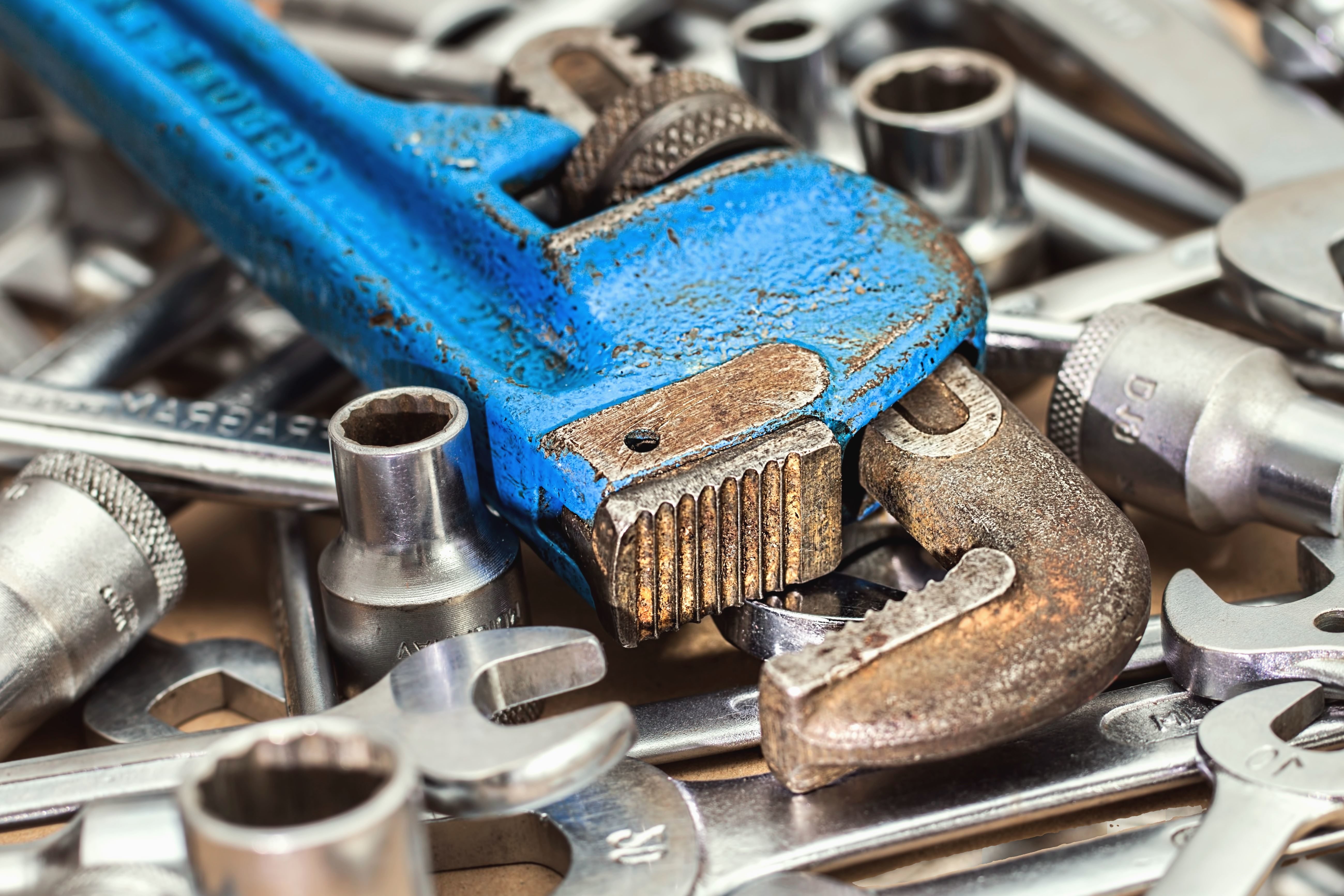
Specializations and Certifications
Specializations and certifications can significantly impact the plumber average salary south africa. Highly skilled plumbers who pursue advanced training or niche expertise often command premium wages, especially in complex sectors like industrial or commercial plumbing. Certifications such as Red Seal or specialized plumbing licenses serve as badges of excellence, signaling to employers a level of professionalism that justifies higher pay.
In many cases, plumbers with certifications in energy-efficient systems or renewable energy installations find themselves in high demand, driving up their earning potential. For instance, a certified gas plumber or someone trained in eco-friendly plumbing solutions can often access lucrative projects, boosting their income beyond the standard plumber average salary south africa.
While experience remains a core factor, specialization and continuous professional development are key drivers that elevate a plumber’s earning trajectory in South Africa. It’s this combination of skills and certification that often makes the difference between an average income and a well-paying career in plumbing.
Economic Conditions and Market Demand
In the ever-shifting landscape of South Africa’s economy, the income of a plumber is not merely a reflection of skill but a mirror held up to the broader market forces at play. When economic conditions fluctuate—be it in times of growth or downturn—the demand for skilled plumbers ebbs and flows accordingly. During periods of infrastructural revitalization or urban expansion, the market demand for plumbing services surges, often elevating the plumber average salary south africa.
Conversely, economic contractions can tighten project budgets, tempering wage growth. But amidst these oscillations, certain sectors remain resilient—such as industrial and commercial plumbing—where specialized expertise continues to command premium wages. For instance, a plumber with certifications in eco-friendly or energy-efficient systems frequently finds themselves at the forefront of this demand, further influencing the plumber average salary south africa upward.
It’s this dance between economic vitality and market appetite that ultimately shapes the earning potential of plumbers across the nation. A dynamic tableau where supply and demand carve out opportunities—sometimes like a gentle stream, other times like a rushing river—determining whether a plumber’s earnings flow generously or cautiously in South Africa’s vibrant economic currents.
Average Salary Range for Plumbers in South Africa
Entry-Level Plumber Salaries
For those starting their journey in the plumbing trade in South Africa, the journey to a sustainable income begins with understanding the average salary range. Entry-level plumbers typically find themselves earning between R60,000 and R120,000 annually, depending on various factors such as location and employer. This range reflects the diverse economic landscape of South Africa, where urban centers like Johannesburg and Cape Town tend to offer higher wages compared to rural areas. The plumber average salary South Africa is gradually rising as demand for skilled tradespeople grows, especially with the country’s ongoing infrastructure development.
While this initial salary may seem modest, it offers a foundation for growth. As plumbers gain experience, acquire certifications, and specialize in areas like pipefitting or green plumbing, earning potential can significantly increase. For those eager to expand their skills, exploring opportunities in private construction firms or municipal projects can unlock higher earning brackets. Ultimately, the plumber average salary South Africa is a reflection of both industry demand and individual expertise, making it a promising career choice for driven professionals.
Mid-Career Plumber Salaries
Mid-career plumbers in South Africa find their earning potential steadily climbing as expertise and reputation grow. Typically, these professionals earn between R150,000 and R300,000 annually, reflecting a significant increase from entry-level wages. This range is influenced by factors such as specialization, years of experience, and the complexity of projects undertaken. It’s not uncommon for seasoned plumbers to command higher salaries by taking on large commercial contracts or managing team projects.
Demand for skilled plumbers remains robust across urban centers, especially in areas experiencing rapid infrastructure development. For those who diversify their skill set or attain advanced certifications, opportunities to elevate their income are plentiful. The plumber average salary south africa for mid-career professionals is a testament to the lucrative prospects available for dedicated tradespeople. As the industry continues to evolve, so too does the financial reward for those who master their craft.
Experienced and Specialist Plumber Salaries
In the intricate tapestry of South Africa’s skilled trades, the plumber average salary south africa reveals a landscape of promising growth and lucrative opportunities. Experienced and specialist plumbers, those who have honed their craft through years of diligent effort and advanced certifications, command significantly higher wages. Their earning potential often surpasses R300,000 annually, especially when they take on complex projects or manage entire teams.
For those with specialized skills, the salary spectrum widens further. Niche expertise in areas such as renewable energy plumbing or high-pressure systems can elevate a plumber’s earnings into the realm of the elite. To illustrate,
- certified master plumbers
- industrial specialists
- commercial project managers
often find themselves at the top end of the salary range, leveraging their unique capabilities to secure premium contracts. Thus, the plumber average salary south africa is not merely a figure but a reflection of mastery, reputation, and the strategic pursuit of advanced skills within this vital industry.
Comparison with Other Skilled Trades
When exploring the landscape of skilled trades in South Africa, the average salary range for plumbers stands out as both competitive and reflective of the industry’s vitality. Typically, the plumber average salary south africa varies between R120,000 and R250,000 annually for mid-level professionals. However, seasoned and specialized plumbers often eclipse this range, reaching beyond R300,000, especially when working on complex projects or managing large teams.
Compared to other skilled trades, such as electricians or HVAC technicians, plumbers tend to occupy a slightly lower to comparable salary bracket. For example, electricians in South Africa might earn an average salary that hovers around R150,000 to R280,000, with specialization pushing earnings even higher. This comparison highlights the lucrative potential within the plumbing sector, especially for those who pursue niche certifications.
- Renewable energy plumbing
- High-pressure systems
These specializations can significantly widen the earning spectrum, making the plumber average salary south africa not just a figure but a testament to mastery and market demand. As the industry evolves, so too does the promise of higher earnings for those willing to hone their craft and seize new opportunities in this vital trade.”
Salary Data by Region in South Africa
Urban Areas (Johannesburg, Cape Town, Durban)
In the bustling urban tapestry of South Africa, the salary of a plumber varies as vividly as the cityscapes they serve. Johannesburg, Cape Town, and Durban stand as vibrant hubs where skilled tradespeople carve out their livelihoods, each with a distinct financial landscape that reflects local economic nuances. The **plumber average salary South Africa** in these regions offers a glimpse into the diverse earning potentials that await those wielding wrenches and pipes with expertise.
Johannesburg, often considered the economic heartbeat of the nation, tends to offer the highest remuneration for plumbers. Here, seasoned professionals can command salaries that surpass the national average, driven by a robust construction industry and thriving commercial sector. Meanwhile, Cape Town’s picturesque yet industrious environment presents a competitive salary range, especially for plumbers with specialized certifications. Durban, with its warm coastal charm, offers a slightly more relaxed but equally lucrative market for plumbing artisans, where local demand keeps the **plumber average salary South Africa** steady and inviting.
- Johannesburg: Leading the charge with higher salary brackets due to dense urban infrastructure and commercial projects.
- Cape Town: A balanced market with opportunities for specialization and growth, reflecting a diverse economic fabric.
- Durban: An emerging hub where the **plumber average salary South Africa** remains attractive amidst increasing residential and industrial developments.
Rural and Semi-Urban Areas
In the lesser-trodden corners of South Africa, where the cityscape gives way to rolling hills and quiet communities, the **plumber average salary South Africa** takes on a different hue—one shaped by local demand and economic nuances. Rural and semi-urban areas, though often overlooked, are vibrant with opportunities that mirror the nation’s diverse landscape. Here, skilled plumbers find themselves at the heart of community development, ensuring water flows smoothly and sanitation needs are met amidst a backdrop of rustic charm and emerging infrastructure.
While the salary levels in these regions tend to be modest compared to urban centers, they offer a unique blend of stability and growth potential. For instance, a seasoned plumber working in these areas might earn between R80,000 to R150,000 annually, depending on their expertise and the complexity of projects they undertake. The **plumber average salary South Africa** in rural zones is often complemented by the chance to develop specialized skills tailored to local needs, such as eco-friendly plumbing systems or water conservation techniques.
In semi-urban zones, the income spectrum widens as development accelerates, driven by increasing residential and industrial projects. Here, plumbers with a knack for innovation and problem-solving can command higher wages, especially when working with private contractors or government initiatives. The landscape may be quieter, but the opportunities for growth and the potential to influence community health and infrastructure remain vibrant and vital.
Provinces with Highest Salary Rates
When it comes to salary disparities across South Africa, certain provinces stand out like a well-placed spanner in a tight pipe. The **plumber average salary South Africa** isn’t uniform—it dances to the tune of regional economic rhythms. Gauteng, the economic powerhouse, boasts the highest salary rates for plumbers, driven by Johannesburg’s bustling construction scene and industrial demands. Meanwhile, the Western Cape, anchored by Cape Town’s vibrant tourism and residential projects, also offers lucrative opportunities. In these regions, experienced plumbers can command salaries that exceed R180,000 annually, especially when they bring specialized skills to the table.
To put it into perspective, here’s a quick snapshot of salary highs:
- Gauteng: R180,000+
- Western Cape: R160,000+
- KwaZulu-Natal: R140,000+
These figures reflect a thriving market where skilled plumbers aren’t just fixing leaks—they’re shaping the future of infrastructure. The **plumber average salary South Africa** in these high-paying regions underscores a promising landscape for those ready to tighten the nuts and bolts of their careers and cash in on South Africa’s regional economic diversity!
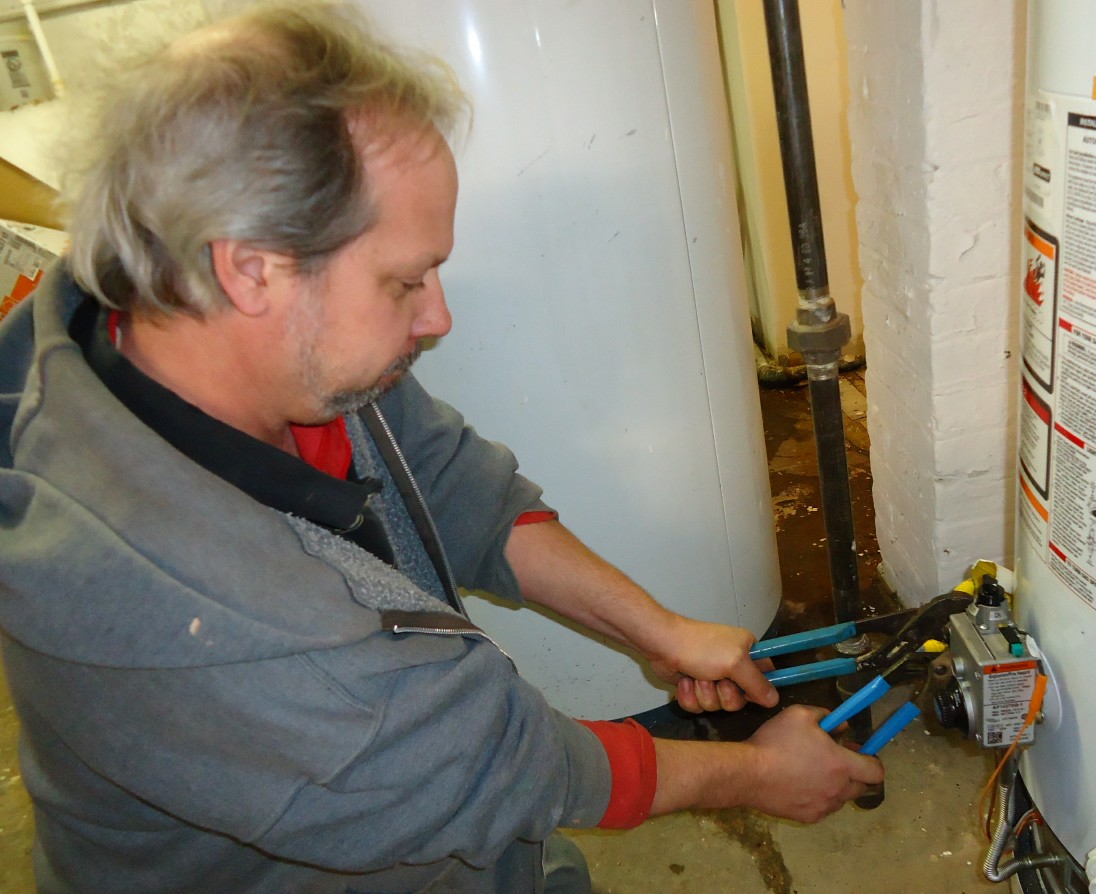
Additional Income and Benefits for Plumbers
Overtime and Emergency Call-Outs
Beyond the standard remuneration, many plumbers in South Africa find themselves enticed by additional income streams that elevate their earning potential. Overtime work and emergency call-outs often serve as lucrative avenues, transforming routine tasks into opportunities for substantial financial gain. During peak seasons or unforeseen plumbing crises, the demand for urgent repairs surges, prompting companies to offer premium rates—sometimes double or triple the regular plumber average salary south africa—reflecting the urgency and skill required.
Such periods of heightened activity not only bolster earnings but also deepen a plumber’s reputation for reliability and expertise. For those willing to step outside conventional hours, the benefits are tangible: increased hourly rates, flexible schedules, and the chance to build a robust portfolio of satisfied clients. The nuanced landscape of South Africa’s plumbing industry thus rewards those who are adaptable and prepared to handle the unpredictable—turning emergency situations into profitable ventures that significantly enhance their overall income.
Bonuses and Commission
In the intricate dance of income, plumbers in South Africa often find their earnings amplified by additional income streams that shimmer like hidden gems beneath the surface. Bonuses and commissions serve as the sweet notes in their symphony of compensation, elevating their financial melody beyond the steady hum of the plumber average salary south africa. These incentives are not mere whispers but potent catalysts that reward skill, dedication, and a touch of daring.
Employers frequently offer performance-based bonuses, recognizing those who excel in complex installations or swift emergency responses. In some instances, commissions on high-value projects or recurring maintenance contracts can significantly boost a plumber’s income, turning an already respectable salary into a veritable treasure trove. Such benefits are often the result of cultivating client relationships or honing specialized skills, making each plumbing job an opportunity for profit.
Furthermore, some plumbing companies implement reward schemes or profit-sharing plans—an enticing prospect that transforms a day’s labor into a shared victory. These additional income avenues serve not only to increase earnings but also to foster a sense of achievement and loyalty within the trade. For many plumbers, these benefits are the golden threads weaving a richer, more resilient financial tapestry.
Benefits and Perks
Beyond the core salary, plumbers in South Africa often enjoy a range of additional income and benefits that bolster their financial standing. These perks can transform a decent wage into a lucrative livelihood, especially when combined with performance incentives. For example, many companies offer bonuses for completing complex projects or quick emergency responses, rewarding skill and dedication. Such incentives serve as a motivating factor, pushing plumbers to excel in their craft.
Moreover, some employers implement profit-sharing schemes or reward programs that turn everyday work into a shared success story. These benefits create a sense of loyalty and community, fostering a more resilient and motivated workforce. When combined with overtime pay for emergency call-outs, these perks significantly enhance the overall earning potential. For many plumbers, these additional income avenues are the secret ingredients that make the plumber average salary south africa more than just a number—they craft a promising and sustainable career path.
How to Increase Your Salary as a South African Plumber
Gaining Advanced Certifications
Unlocking higher earnings as a South African plumber isn’t just about clocking in hours; it’s about elevating your expertise through advanced certifications. In a market where the plumber average salary South Africa hovers around competitive figures, specialized skills can dramatically shift your earning potential. Gaining certifications such as certified gas installer or plumbing project manager can position you as a sought-after professional in the industry. These credentials don’t just boost your credibility—they open doors to lucrative projects and emergency call-outs that pay premium rates.
To truly amplify your income, consider pursuing advanced training in niche areas like renewable energy plumbing or high-pressure systems. Not only do these skills set you apart, but they also align with South Africa’s growing demand for sustainable infrastructure. Remember, the more specialized your skill set, the higher your earning ceiling. In fact, plumbers with advanced certifications often command salaries significantly above the plumber average salary South Africa, ensuring your career remains both financially rewarding and future-proof.
Specializing in Niche Areas
Elevating your earning potential as a South African plumber requires more than just experience—it demands mastery in niche areas that command premium rates. Specializations such as renewable energy plumbing or high-pressure systems are burgeoning fields, perfectly aligned with South Africa’s shift towards sustainable infrastructure. By honing these skills, you transcend the standard plumber average salary South Africa, stepping into a realm where expertise becomes the currency of higher income.
To truly stand out, consider pursuing certifications that validate your specialized knowledge. This not only enhances your credibility but also unlocks opportunities for lucrative projects, emergency call-outs, and consultancy roles. For instance, a certified gas installer or a plumbing project manager can significantly increase their earning brackets. The key is to identify niche markets with high demand and invest in learning their intricacies, turning your trade into a sought-after craft.
In a landscape where the plumber average salary south africa hovers around competitive figures, those who diversify their skills and acquire advanced certifications often see their income soar well above the norm. The secret lies in embracing continuous learning, tapping into emerging sectors, and positioning oneself as an industry expert. In doing so, the financial rewards not only follow but multiply, securing a future where your craft remains both lucrative and resilient against market fluctuations.
Starting a Plumbing Business
Starting a plumbing business can be a transformative step toward increasing your earning potential as a South African plumber. When you step into entrepreneurship, the earning ceiling often expands beyond the typical plumber average salary south africa. It allows you to set your own rates, take on larger projects, and diversify your services—opening doors to higher income brackets.
To truly elevate your financial trajectory, focus on building a strong reputation and expanding your skill set. A strategic approach involves identifying high-demand niches, such as eco-friendly plumbing solutions or commercial installations, and investing in specialized certifications. These credentials not only boost your credibility but also enable you to command premium prices.
- Register your business officially, ensuring legal compliance and access to broader markets.
- Develop a robust marketing plan to attract commercial clients and private homeowners seeking high-quality services.
- Leverage online platforms and networking to build a reputation as a trusted industry expert.
By establishing a reputable plumbing enterprise, you transform your craft into a thriving venture that surpasses the typical plumber average salary south africa. With dedication and strategic growth, your income can soar, turning your passion into a lucrative pursuit that offers both stability and financial freedom.
Continual Skills Development
In the pursuit of elevating your earnings as a South African plumber, continual skills development is not just a choice—it’s an imperative. Mastering new techniques and earning advanced certifications can dramatically increase your earning potential and set you apart in a competitive market. Many seasoned plumbers realize that specialization in high-demand niches like eco-friendly plumbing solutions or commercial installations can significantly boost their income.
To truly break the ceiling of the plumber average salary south africa, consider a strategic approach—diving into specialized training or certifications that validate your expertise. Here’s a straightforward path to amplify your value:
- Identify high-demand areas within the plumbing industry.
- Invest in certifications that align with these niches.
- Build a reputation for delivering top-tier service in your chosen field.
It’s this relentless pursuit of expertise that transforms a humble trade into a lucrative profession. When you continually refine your skills, you’re not just earning more; you’re carving a reputation that commands premium rates, ultimately pushing your salary well beyond the typical plumber average salary south africa.
Future Outlook for Plumber Salaries in South Africa
Projected Market Growth
The future of plumber salaries in South Africa is shaping up to be as unpredictable as a clogged drain on a Monday morning. With urban expansion, infrastructure upgrades, and a growing focus on sustainable plumbing solutions, the market is forecasted to experience steady growth. Experts predict that the plumber average salary south africa will see a modest uptick over the next few years, driven by increased demand for skilled tradespeople in both residential and commercial sectors.
As cities like Johannesburg, Cape Town, and Durban continue to expand, the need for experienced plumbers who can navigate complex systems and niche installations will only intensify. This means that those with specialized certifications and a knack for problem-solving may enjoy salary boosts that outpace the inflation rate. According to recent projections, the market growth for plumbing services in South Africa is expected to compound at a rate of 4-6% annually, positively influencing the plumber average salary south africa.
- Urban infrastructure projects will remain a significant driver of salary increases.
- Emerging trends like green plumbing and water conservation are creating lucrative niche markets.
- Continual skills development and advanced certifications will be key to locking in higher salaries.
All in all, the outlook suggests that the plumber average salary south africa will continue to climb gradually as the country invests more in its essential infrastructure, making plumbing not just a necessity but a profitable career choice. So, if you’re contemplating a plumbing career or looking to level up your skills, now might just be the perfect time to jump in!
Emerging Trends in Plumbing
The future of plumber salaries in South Africa gleams with promise, fueled by emerging trends that could redefine the trade’s earning potential. As urban areas swell and infrastructure projects accelerate, the demand for skilled plumbers is skyrocketing. This surge is not just a passing wave; it’s a tidal shift that will likely see the plumber average salary south africa gradually ascend. Experts forecast an annual growth rate of around 4-6%, making plumbing a lucrative career choice for those willing to hone their craft.
One of the most exciting developments is the rise of green plumbing and water conservation initiatives. These niches are not only vital for sustainability but also command premium pay for specialists. Additionally, plumbers who pursue advanced certifications and diversify into niche areas—such as solar water heating or eco-friendly drainage systems—stand to enjoy higher salaries. As these trends gain momentum, the plumber average salary south africa is expected to reflect these innovations, rewarding those who embrace continual skills development.
Impact of Infrastructure Development
The future of plumber salaries in South Africa is poised for significant growth, driven by relentless infrastructure development and urban expansion. As cities like Johannesburg, Cape Town, and Durban continue to evolve, the demand for skilled plumbers intensifies, pushing the plumber average salary south africa upward. Experts project an annual increase of 4-6%, reflecting the sector’s promising trajectory.
This growth isn’t happening in isolation. Major projects focused on water conservation and green plumbing are reshaping the industry’s landscape. Plumbers who embrace these innovations and acquire advanced certifications are positioning themselves for higher earnings. The integration of eco-friendly systems and renewable energy solutions, such as solar water heating, means more lucrative opportunities are on the horizon.
- Urban infrastructure projects
- Green technology adoption
- Specialized niche skills
All of these factors contribute to a future where the plumber average salary south africa will continue to rise, rewarding those who stay ahead of emerging trends and continually sharpen their expertise. The impact of ongoing development guarantees that plumbing remains not just a vital trade but a lucrative one, with salaries climbing steadily as the industry evolves.
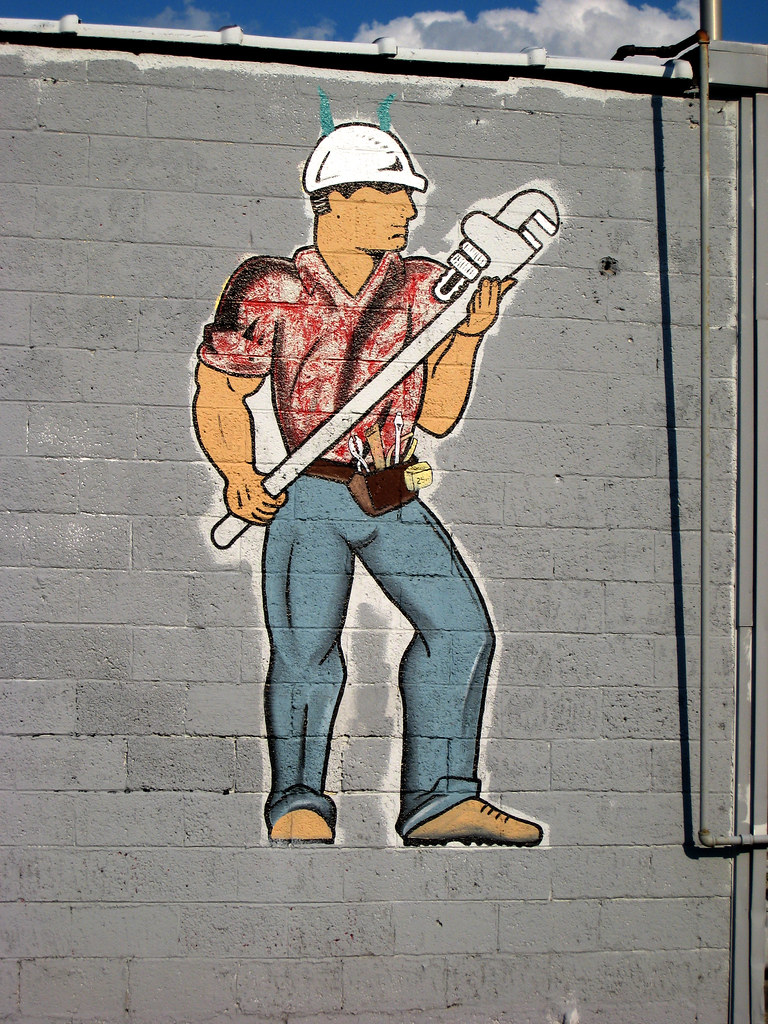
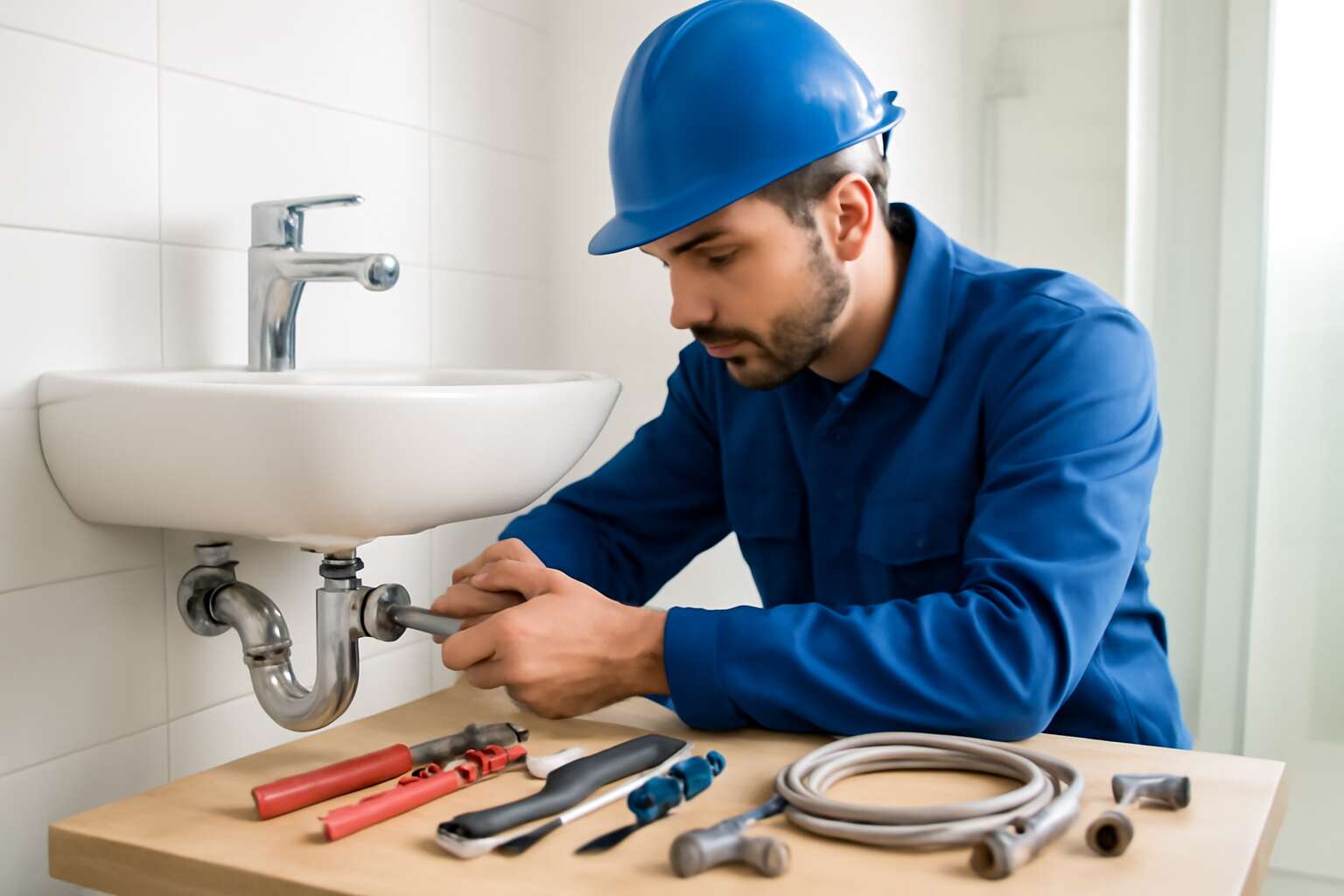
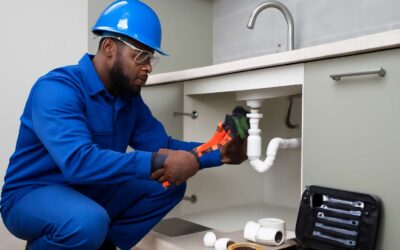

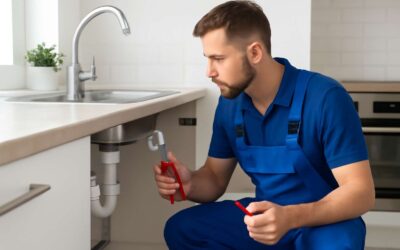
0 Comments